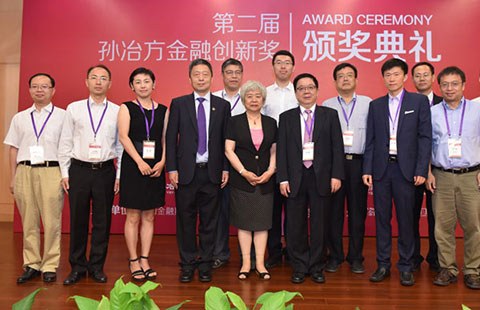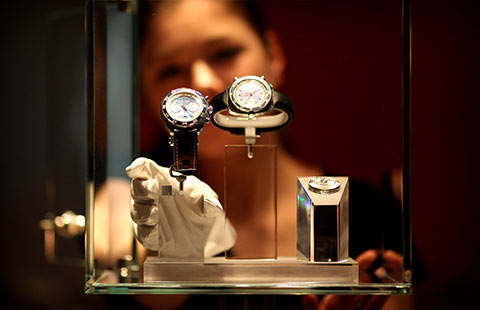China mines abandoned home appliances
(Xinhua) Updated: 2012-12-04 11:18BEIJING - Outdated home appliances have regained favor with Chinese enterprises as they try to retrieve precious metals from them.
A total of 56 enterprises from home and abroad working in recycling industry gathered here Monday at the First Expo of Urban Mining to exhibit their "magics" to turn abandoned cellphones, TV sets or batteries into precious rare metals like gold, silver, palladium and rhodium.
Xu Laiyong, the general manager of a Shandong-based recycling enterprise, said at the opening of the three-day expo that his company can extract from an abandoned TV set 3.5 kilograms (kg) of plastics, 1.4 kg of iron, 0.6 kg of copper and 0.1 kg of aluminum.
All these materials can be used to make 17 plastic boxes, nine drink cans, 600 grams of copper wire and 3.1 pounds of dumbbells, according to Xu.
Shenzhen GEM High-Tech Co Ltd, an urban mining firm, is building electronics waste processing centers across China with targeted annual processing capacity of 3 million tons within five years.
At that time, the company is expected to produce 50,000 tons of rare metals every year, according to GEM High-Tech.
China processed a total of 630 million tons of electronics waste during the 11th Five-year Plan (2006-2010), according to China Resource Recycling Association, the sponsor of the expo.
Exploitation on electronics waste can also save energy. Experts at the Association predicted that urban mining will save nearly 1.2 billion tons of standard coal and reduce 720 million tons of carbon dioxide during 2011-2015 period.
China has set up 29 national urban mining demonstration bases so far, and will build another 50 between 2011 and 2015.
- FAW listing said to be out of reach for some years
- Hong Kong stocks sell off on Brexit fears, again
- Pet e-commerce growing from dorm room
- Mobile payments market explodes in China
- Tencent opens up big data platform to boost sharing economy
- 5G heralds driverless cars
- Xinjiang Hualing in move to establish Georgia's No 3 bank
- COSCO Shipping to invest another &553m in Piraeus Port


















